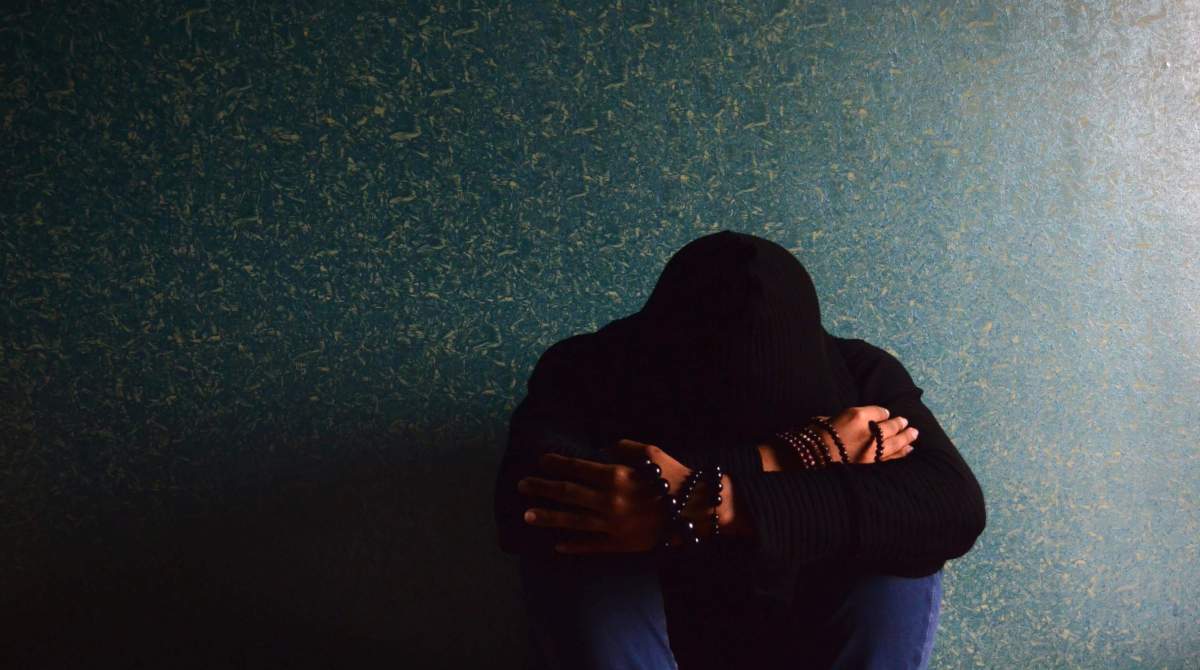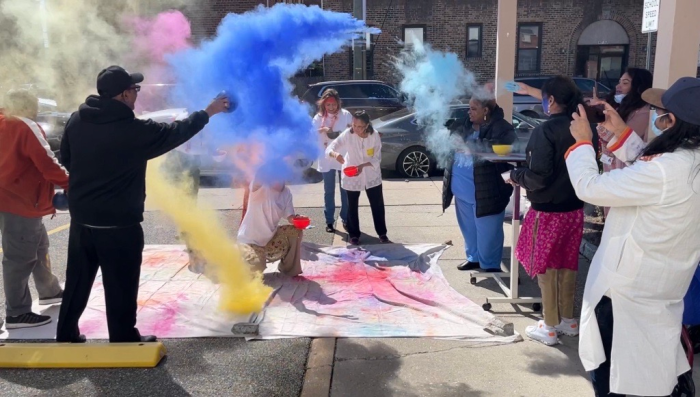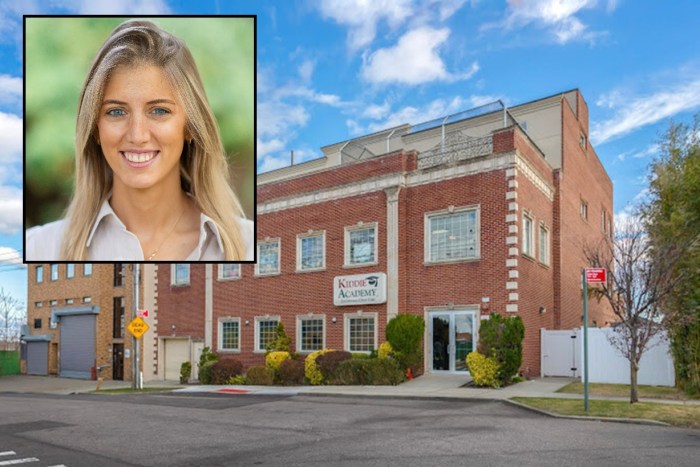Suicide counts in western Queens and Flushing-Clearview are among the highest in New York City, according to statistics from a report.
In May, prior to the deaths of Kate Spade and Anthony Bourdain, the New York Department of Health and Mental Hygiene released a report that highlighted female suicide rates and counts in the five boroughs. According to the report, female suicides were highest in Flushing-Clearview, neighborhoods in western Queens and the Upper East Side from 2011 to 2015.
According to the DOHMH, out of 552 suicides reported in the New York City, there were 35 reported female suicides in Flushing-Clearview, and 34 in western Queens. It was reported that female suicides rose in Queens from 34 in 2006 to 44 in 2015.
The report also showed that male suicides in these same areas were higher than in other parts of New York City. It was reported that 73 men in Flushing-Clearview and 96 men in western Queens died by suicide. While the rates of male suicides in these same areas were markedly higher, the report showed that the numbers of male suicides in Queens decreased overall from 94 in 2006 to 87 in 2015.
Robert Dicker, the Associate Director, Child & Adolescent Psychiatry at Zucker Hillside Hospital said that the stigma of mental illness in the United States prevents many people from reaching out to loved ones for help.
According to its website, Zucker Hillside Hospital in Glen Oaks is Northwell Health’s nationally recognized behavioral health center known for its pioneering clinical, teaching and research programs.
The hospital is an in-patient and out-patient psychiatric hospital and clinic, and Dicker said that they do a great deal of work to educate both patients and families about their mental illness. The doctor said that patients who are admitted to the hospital are given a full psychiatric assessment to determine what their illness is as well as which medicines, therapies or other treatments are best for them.
Dicker said that he and the other hospital staff work to ensure that patients who get treatment for mental illness realize “this isn’t a personality flaw; it’s a medical disorder.”
It’s never too late to seek help. Call the National Suicide Prevention Hotline at 800-273-8255 if you or someone you care about is in need of help.


































